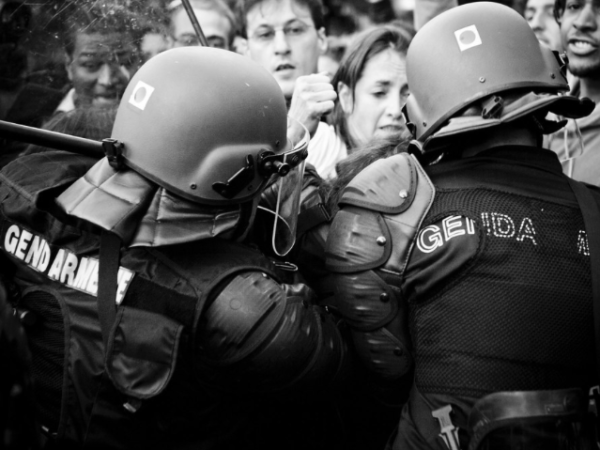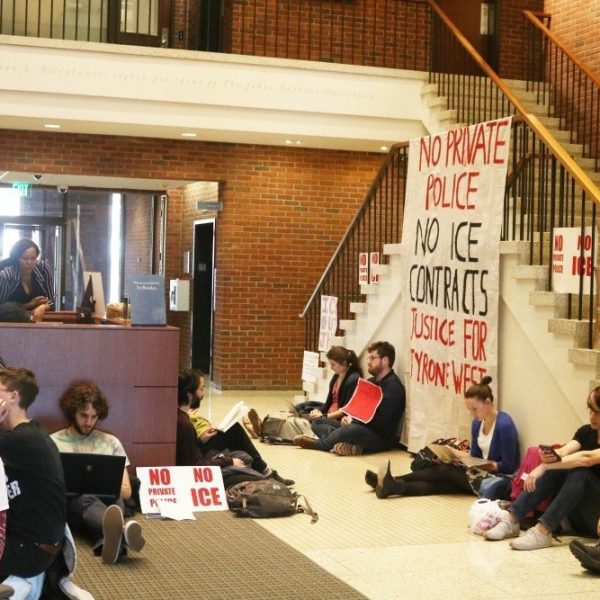
For Muslims to become worthy of any empathy and solidarity, whether in the west or in staunchly anti-Muslim India, what must first be shed is our very religiosity. Islam is to be tolerated only when reduced to culture in which the dominant-caste or white friend can joyously celebrate Muslim festivities, visit Muslim friends and restaurants for biryani in Toronto or Delhi, or post Sufi songs on their social media. Those are the parameters set around reception of a Muslim sans Islam.
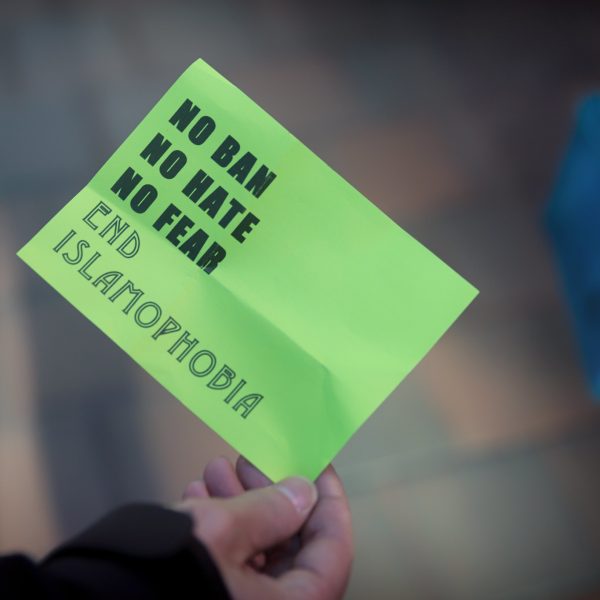
Without a sustained focus on material inequalities and repressive state power, the conversation on Islamophobia too easily slips into a mealy-mouthed appeal to diversity and tolerance.
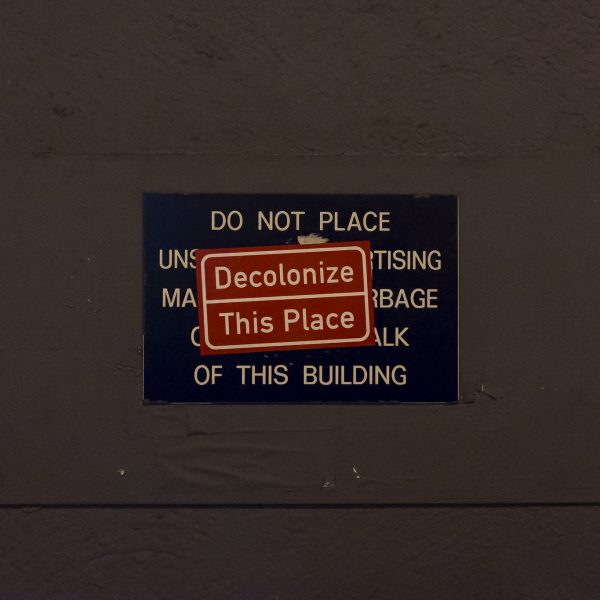
For Islamophobia as a concept to further come of age our critiques must incorporate more de-centering, more dis-orientation of the west.
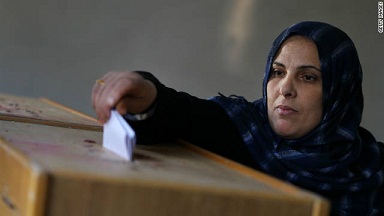
The revival of interest in political theology at the turn of the millennium began with Islam, then moved to Christianity. In the wake of September 11, 2001, it became clear that not all religion was fading away, nor was all religion confined to the private sphere. The evidence: radical Islam. But the obvious risk of Islamophobia that accompanied a focus on Islam as anomalously growing and anomalously public prompted some scholars to explore how Christianity itself was neither fading away nor thoroughly privatized. Instead of focusing on Islam as anomaly, political theology provided a framework for complicating the West’s story of itself, for probing the complex and continuing relations between religious and political ideas.
